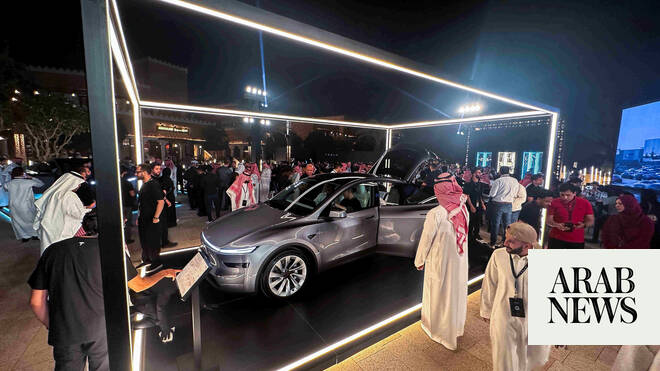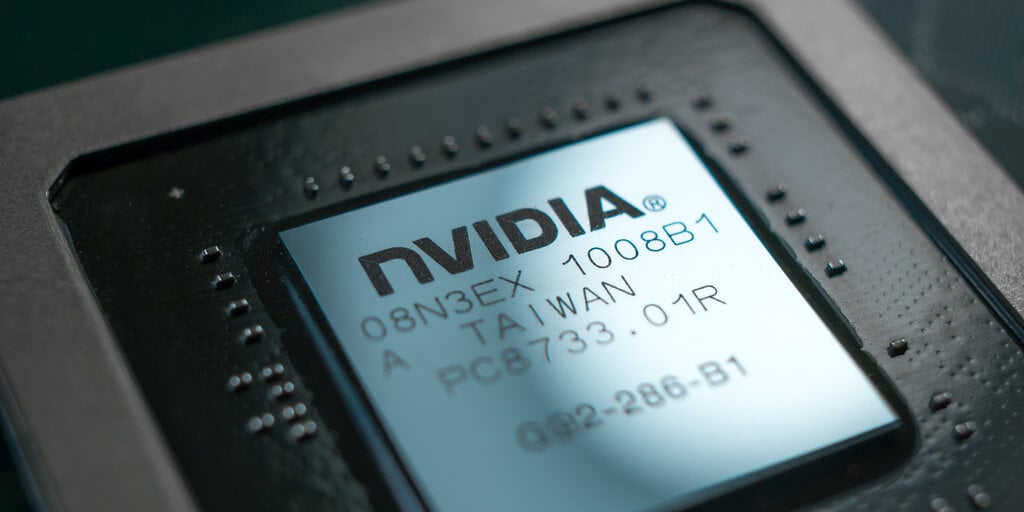Tesla's New Journey: Entering the Saudi Market
Tesla ventures into the Saudi Arabian market, aiming to capture a share of the ambitious electric vehicle transformation envisioned by the kingdom. However, challenges abound.
Published April 15, 2025 - 00:04am

Image recovered from arabnews.com
Tesla has officially launched its operations in Saudi Arabia, marking a pivotal moment for the electric vehicle (EV) giant as it seeks new growth avenues in the Middle East. This move highlights the reconciled relationship between Tesla's CEO Elon Musk and the Saudi monarchy after past tensions regarding investments.
The grand launch event in Riyadh featured the Cybertruck and refreshed Model Y sedan, capturing the attention of local enthusiasts who test drove the vehicles under the shade of towering palms. The brand emphasized its appeal to adventurous motorists by showcasing visuals of the Cybertruck traversing the vast Saudi desert landscape.
The timing of Tesla's entry into the Saudi market coincides with the kingdom's ambitious policy to transition 30% of its vehicles to electric by 2030, a significant leap from the current 1% adoption. Despite the government's major backing of Lucid Motors, a Tesla rival, the opening signifies a broader acceptance of diverse EV manufacturers.
However, Tesla's journey in Saudi Arabia will not be without challenges. The kingdom's current infrastructure is not well-prepared for a massive influx of EVs, with only 101 charging stations available by 2024, compared to 261 in the UAE, a country with a smaller population. Moreover, the main east-west highway connecting Riyadh and Mecca lacks any charging infrastructure, complicating long-distance EV travel across the arid expanse.
To address these challenges, Tesla plans to initiate its network of Supercharger stations in major cities. Still, it will face stiff competition from established players like BYD and Zeekr, who are already making significant inroads in this nascent market.
The entry into Saudi Arabia also takes on geopolitical nuances, as relations between Elon Musk and Saudi leadership have improved significantly since Musk's involvement in the Trump administration. This political backdrop has implications for Tesla's global operations, especially given the company's recent struggles with declining sales and geopolitical tensions affecting market dynamics.
Locally, Tesla is poised to transform the EV landscape, but its success will depend on addressing Saudi consumers' concerns. The economic fuel prices and prolonged summer heat pose unique challenges to the EV adoption rate, while the expansive geography necessitates reliable charging solutions for long-distance travel.
Despite these hurdles, the Saudi government is keen on diversifying its economy from oil dependency, aiming to support 5,000 charging stations by 2030. This strategic push aligns with the kingdom's Vision 2030 initiative to modernize its economy and infrastructure, providing Tesla with a growth opportunity in this burgeoning market.
In summary, Tesla's debut in Saudi Arabia encapsulates both the challenges and opportunities present in entering a traditionally oil-dependent economy. The success of this venture will hinge on Tesla's ability to adapt its offerings to local conditions and consumer expectations, while navigating the geopolitical intricacies that come with new market entry.






